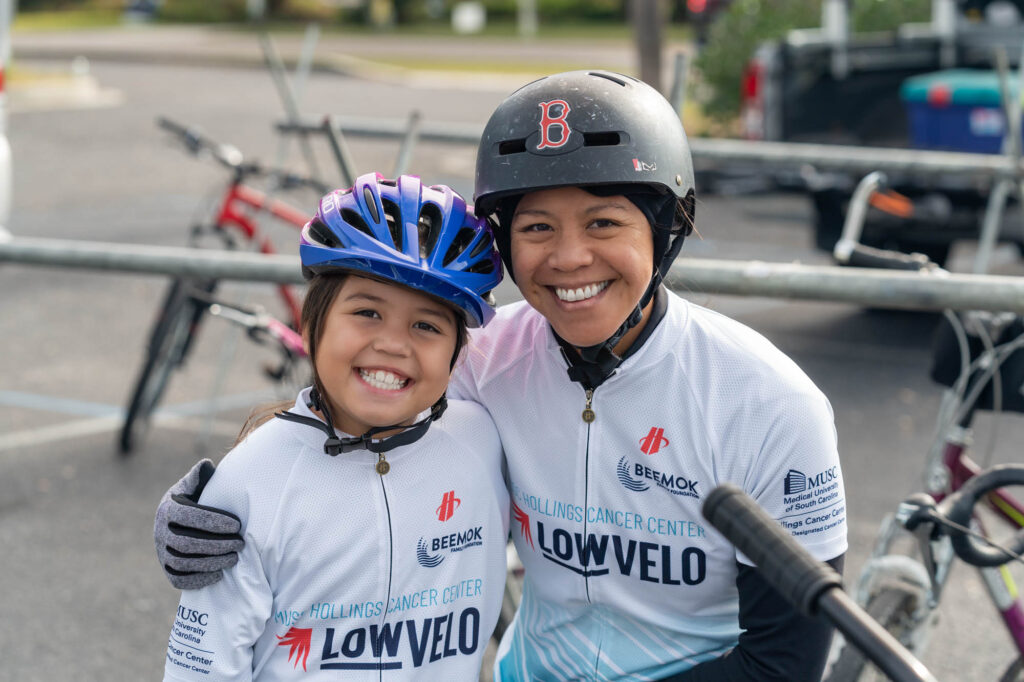Impact

Powering lifesaving cancer research
LOWVELO is all about funding lifesaving cancer research at MUSC Hollings Cancer Center. As South Carolina’s only National Cancer Institute-designated cancer center, the innovative research happening at Hollings impacts patients across the state and beyond. We had a record-setting 1,334 LOWVELO participants in 2023, and our riders have raised more than $2.3M combined over the first five LOWVELO rides.
With 100% of every participant-raised dollar benefiting cancer research, LOWVELO’s riders and donors directly support the Hollings researchers who are advancing cancer care. Funds from LOWVELO can be used for high-risk, high-reward projects that sometimes struggle to secure funding elsewhere. These types of projects can lead to big breakthroughs in understanding and treating cancer.
Where the money goes
LOWVELO supports a wide variety of cancer research projects as well as fellowships and scholarships to help train the next generation of cancer researchers. Here are some exciting highlights:
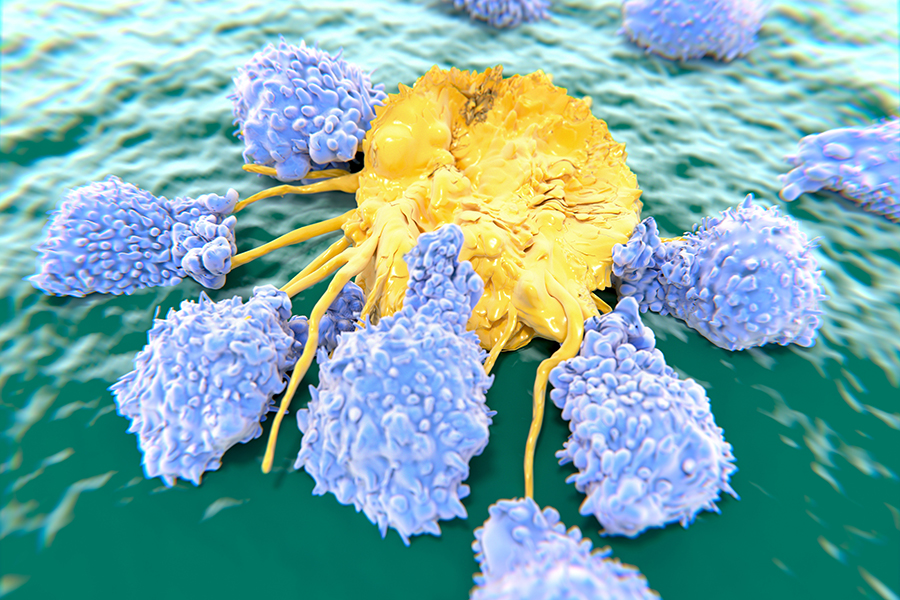
Game-changing treatment
LOWVELO funding is helping Hollings researchers explore ways to create purified versions of CAR-T-cells, which are used to treat certain leukemia and lymphoma patients. The goal of the project is to reduce the side effects associated with CAR-T-cell therapy and potentially make it more effective. By building up its own program, Hollings will make this cutting-edge treatment much more accessible to patients in South Carolina.
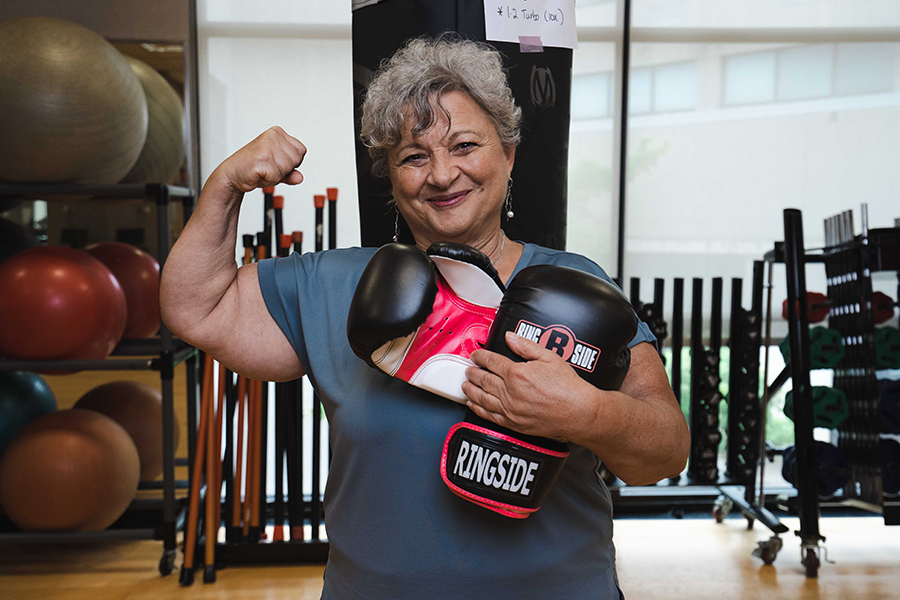
Finding better ways to support survivors
Funded in part by LOWVELO, the goal of Hollings’ Survivorship and Cancer Outcomes Research (SCOR) Initiative is to identify better ways to support and care for cancer survivors and implement the new ideas efficiently through a collaborative approach between MUSC researchers and clinical providers. In the years ahead, SCOR’s work will improve quality of life for survivors and their caregivers.

Exploring a new approach to fighting breast cancer
A major obstacle to improving breast cancer care is the effective treatment of cancer which has spread to other sites in the body. Dr. Philip Howe’s laboratory recently identified a new role for a protein that appears to be an important factor in breast tumor initiation and metastasis. With support from LOWVELO, Dr. Howe and his collaborators are now studying a way to generate small molecule inhibitors to counteract this protein. If successful, data from the study could lead to more effective, less toxic treatments for breast cancer.
2023 By the Numbers

1,334
participants

$1.94M
total raised

305
volunteers

120
teams

16%
from outside Tri-county area

401 / 933
MUSC / non-MUSC
Making a difference
Cancer Survivor Stories
Not your average LOWVELO team: Retirees prove wellness can be found at any age
A chronic lymphocytic leukemia survivor, Patricia is part of a team proving that wellness can be found at any stage of life.
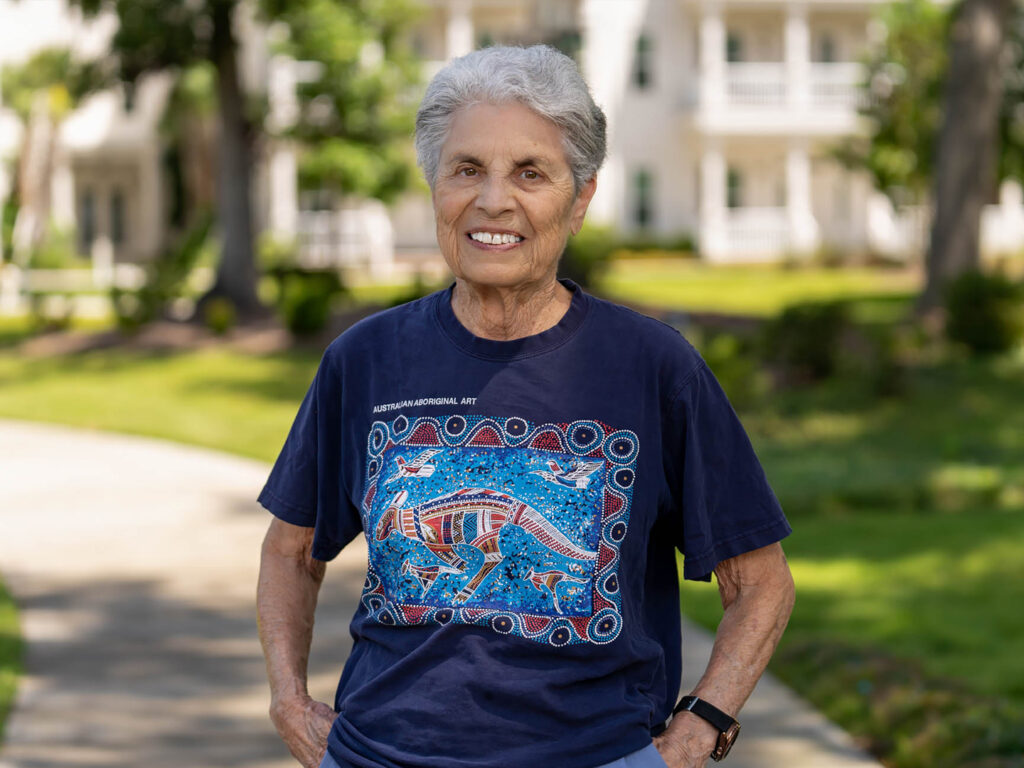
Facing the impossible: Stage 4 melanoma survivor shares why she rides in LOWVELO
For most beginners, the idea of biking 20 miles would seem daunting. But after beating melanoma, Ashley is an expert at overcoming challenges.
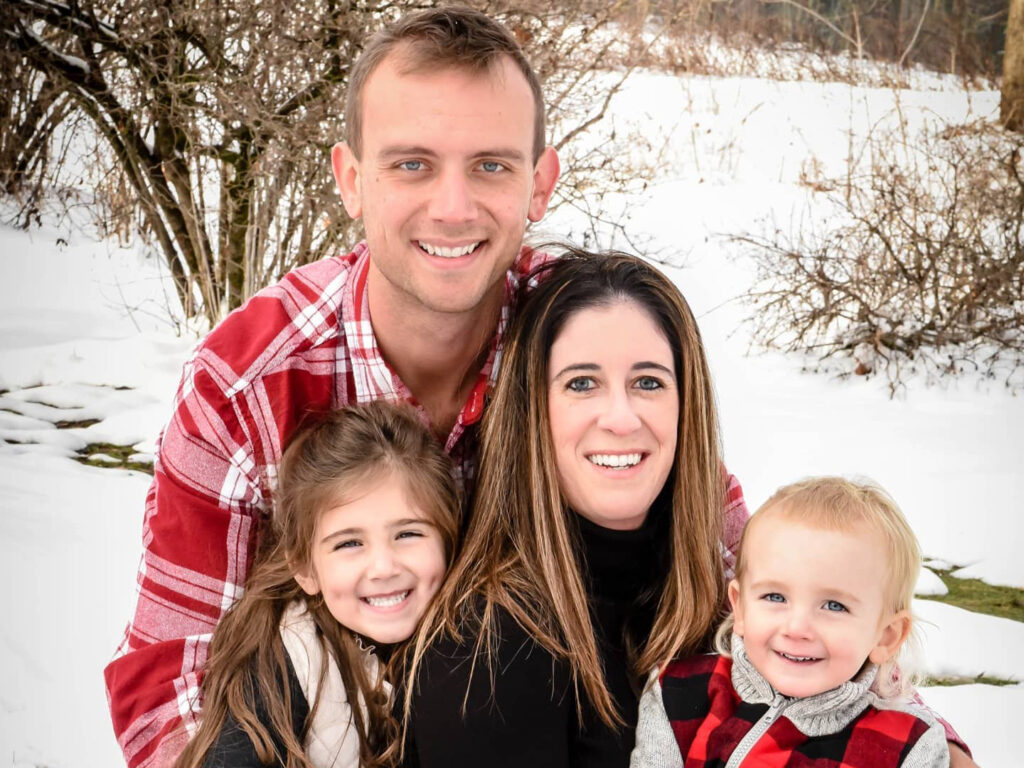
Positive attitude, giving heart are the keys to beating breast cancer for LOWVELO volunteer
Thoughout her five year battle with cancer, it hasn’t always been easy for Joannah Sampson to remain positive, but it’s always been a priority.
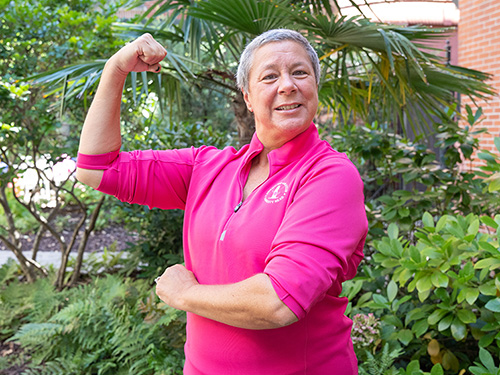
From anatomy lab to cancer battle, MUSC student shows gratitude by taking on LOWVELO
New city, new school and a cancer diagnosis. MUSC student Bridget Horgan shows grit and determination in the face of a cancer battle.
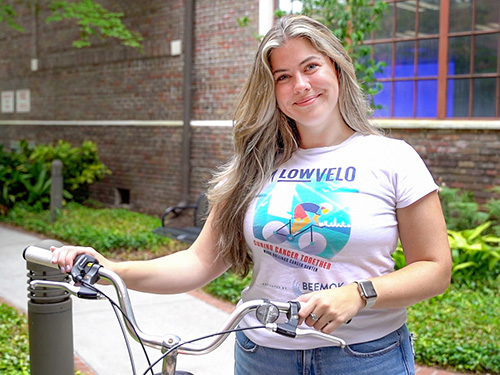
Prostate cancer survivor prepares for LOWVELO 2021 ride
Doug McCracken is used to giving back – he and his wife help rescue and find homes for dogs in need. Now he’s preparing for his next task – participating in LOWVELO for the first time as a cancer survivor.
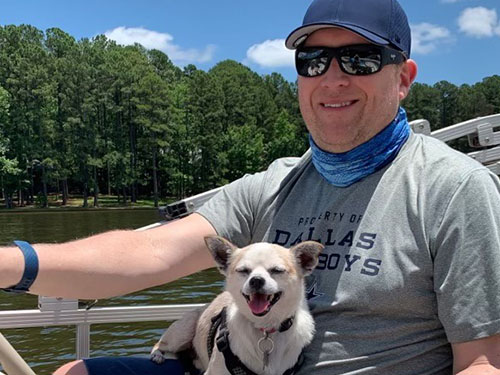
A ride to remember: Cancer survivor prepares for LOWVELO 2021
Riding a bike is nothing new for Robert Conley, but he overcame the removal of multiple organs, including part of his stomach, to be ready to ride in LOWVELO21.
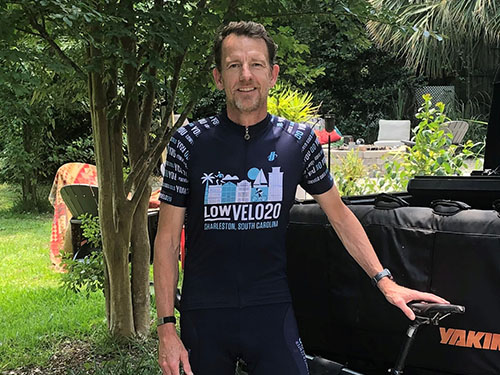
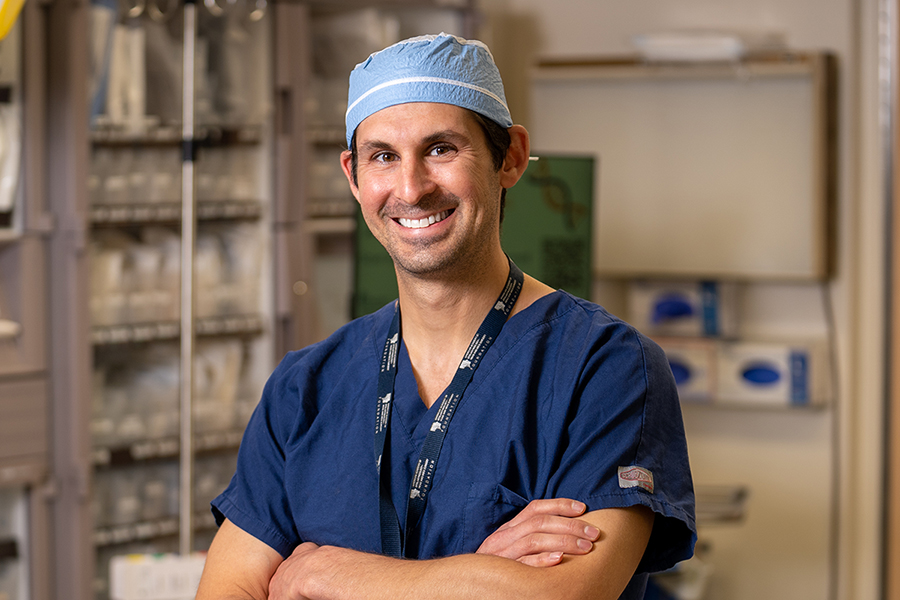
I ride because I am passionate about researching new and better ways to ensure that all cancer survivors are healthy. For many survivors, being free of cancer comes at the cost of devastating long-term physical, psychosocial, and financial harm. I imagine a world one day where that is not true, and patients with cancer are not just surviving, but thriving. Support from LOWVELO makes this vision possible.
Dr. Evan Graboyes
MUSC Health surgeon & director of Hollings' SCOR Initiative
Ready to register?
